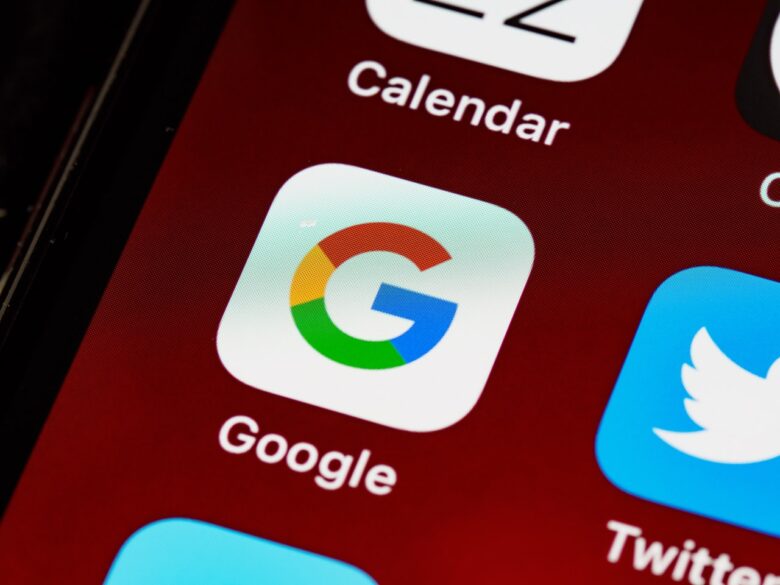If ‘what happens on Incognito Mode, stays on Incognito Mode’ has been your mantra all this time, and you’ve been using the Incognito Mode freely, thinking Google will not collect your data from its anonymous browser, well, then the joke is on you. This shady-looking browser may give you all the anonymous vibes, but Google is still going to track all your data through it just like your regular browser.
Incognito mode will not secure your data and information at all. The most effective way you can prevent your data from being traced is through a VPN. A VPN is the most reliable software that can make you totally anonymous on the web. If you find yourself interested in finding out which VPN is the best and how VPNs work.
Incognito modes were never initiated to disregard Google’s data collection. According to a study conducted by researchers from the University of Chicago, 73% of participants have no idea what the incognito mode does and what type of data it conceals.
The research also concluded that despite clear guidelines by Google about the Incognito mode, internet users still have self-formed misconceptions about it.
Lawsuit filed against Google for data breach on the incognito mode

Source: pexels.com
A lawsuit was filed against Google in June 2024, claiming that Google stores the browsing history and online activities of a user even in incognito mode.
The class-action lawsuit expects $5 billion from Google and its parent company, Alphabet, for violating these privacy laws.
Google has dismissed those allegations by claiming that users are informed beforehand about the tracking activity. Google also mentioned that the incognito mode does not claim that it will make users completely invisible or unidentifiable over the internet. User activity will still be visible to websites, third-parties, and various advertising services.
Does Google collect your data on Incognito?
Yes. Google can collect your data easily through Incognito mode. If you haven’t read what the incognito mode covers, then you need to know that incognito says, “Now you can browse privately, and other people who use this device won’t see your activity.”
Incognito modes do not mention anywhere that it is going to secure your data from being stored. If you need to protect your online activity, you need to hustle and do it yourself.
It also mentions that your activity might still be visible to:
- Websites you visit
- Your employer or school
- Your internet service provider
- Well, all you needed to do was read it.
What does the incognito mode do?

Source: cyclonis.com
As an avid incognito mode user, you need to understand what this anonymous browser does.
The incognito mode hides your browser activity only on your device. For example, maybe it’s your wife’s birthday, and you want to purchase a gift for her. You open the incognito mode and search for various gift ideas. The minute you shut down your incognito tab, all the browsing history will get deleted along with it, leaving no traces that you had been searching for a gift.
This is what the incognito mode is meant to do. It allows users to search queries and visit various websites and deletes all the browsing history in return as soon as you shut the browser down.
It also deletes all cookies, temporary files, passwords, logins and download history locally from your computer. Incognito modes were initiated so that the person who shares a device with you cannot snoop into what you have been searching or visiting. It has nothing to do with Google.
Common misconceptions about incognito mode vs. the truth
Internet users have different myths revolving around incognito mode. Some of them are:
1. My information is secure if I’m using the incognito mode

Source: kaspersky.com
No, that’s nowhere near the truth. Incognito mode is meant to delete or erase your data locally from your device. This means that your information, like your location and your IP address, is still being tracked.
How? Well, if you have logged into your Google account while using the incognito mode, then Google can collect your private data, search queries, and internet activity against your ID. There is no going back from that. Google works the same in the incognito mode as it works in the standard one.
Google will also collect your interactions and record them with other Google services like YouTube on incognito mode.
2. My IP address would become untraceable
No. A big no. It would be best if you did not even believe this. Even if you go incognito and make it your default browser considering that your internet activity will, in no way, reach your Internet Service Provider (ISP), your college/office, and your Government, then you are wrong, and your myth needs to busted immediately.
Even in incognito mode, you are under surveillance of your ISP, office, and the Government. Your activity is still being traced against your IP address.
3. Advertisers will not target you

Source: wired.co.uk
Even in the incognito mode, you are being tracked by your search engine, i.e., Google, against your Google account. Your search queries and information are being stored with your name and identity. Using the incognito mode will not prevent you from this.
Google will then sell your search queries and search activity to third-party advertisers so that you can be targeted with personalized ads. Advertisers can also target you with customized advertisements according to your locale.
4. Hackers would be unable to track me through this mode
Incognito mode runs like a regular browser. And just like that, hackers can easily track you on incognito too. This private browser does not store your browser history, but you are still equally susceptible to a cyberattack as you were in a standard browser. It’s this one final myth we wanted to bust for your guys.
Conclusion
Well, incognito or private modes by browsers are no angels. They do not keep your activity confidential or your data secure from anyone except for someone who shares the same device as you. To stay protected, you need to take different measures. And that measure might include opting for a good VPN service.
